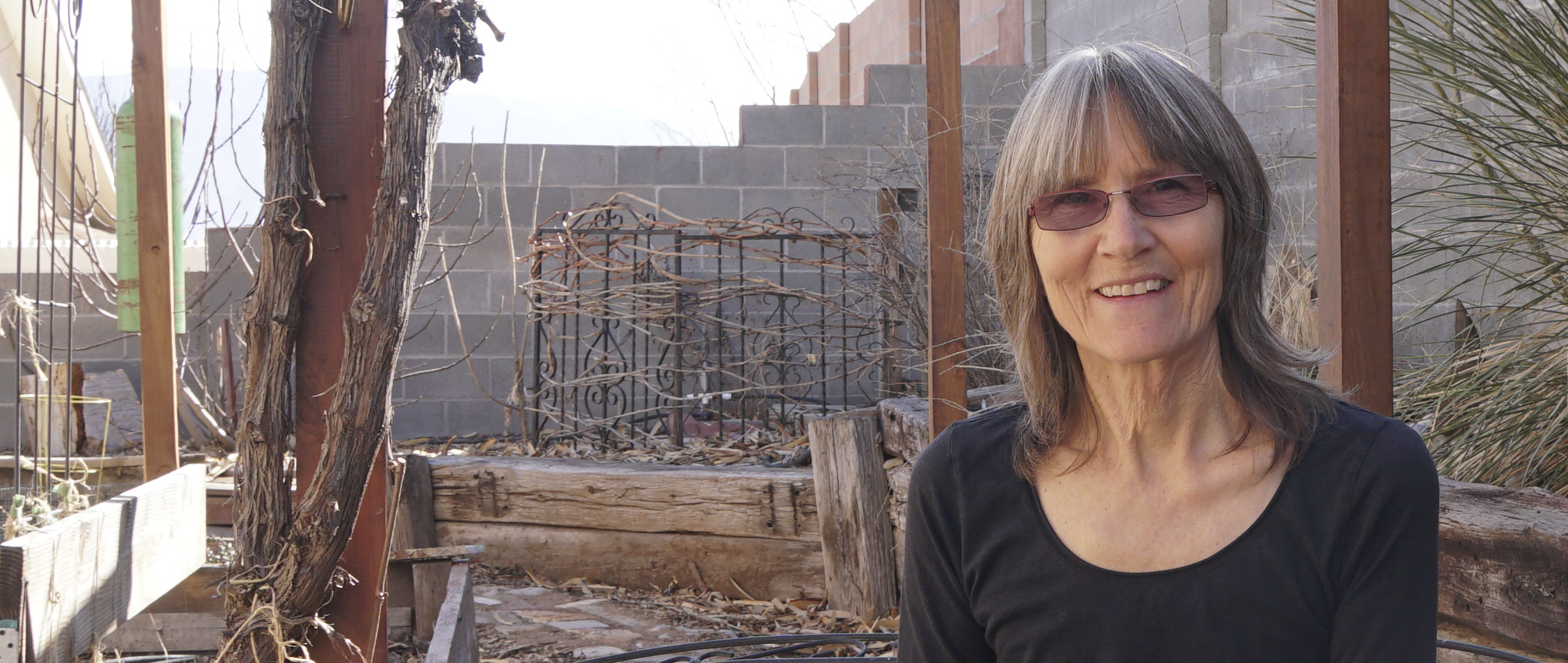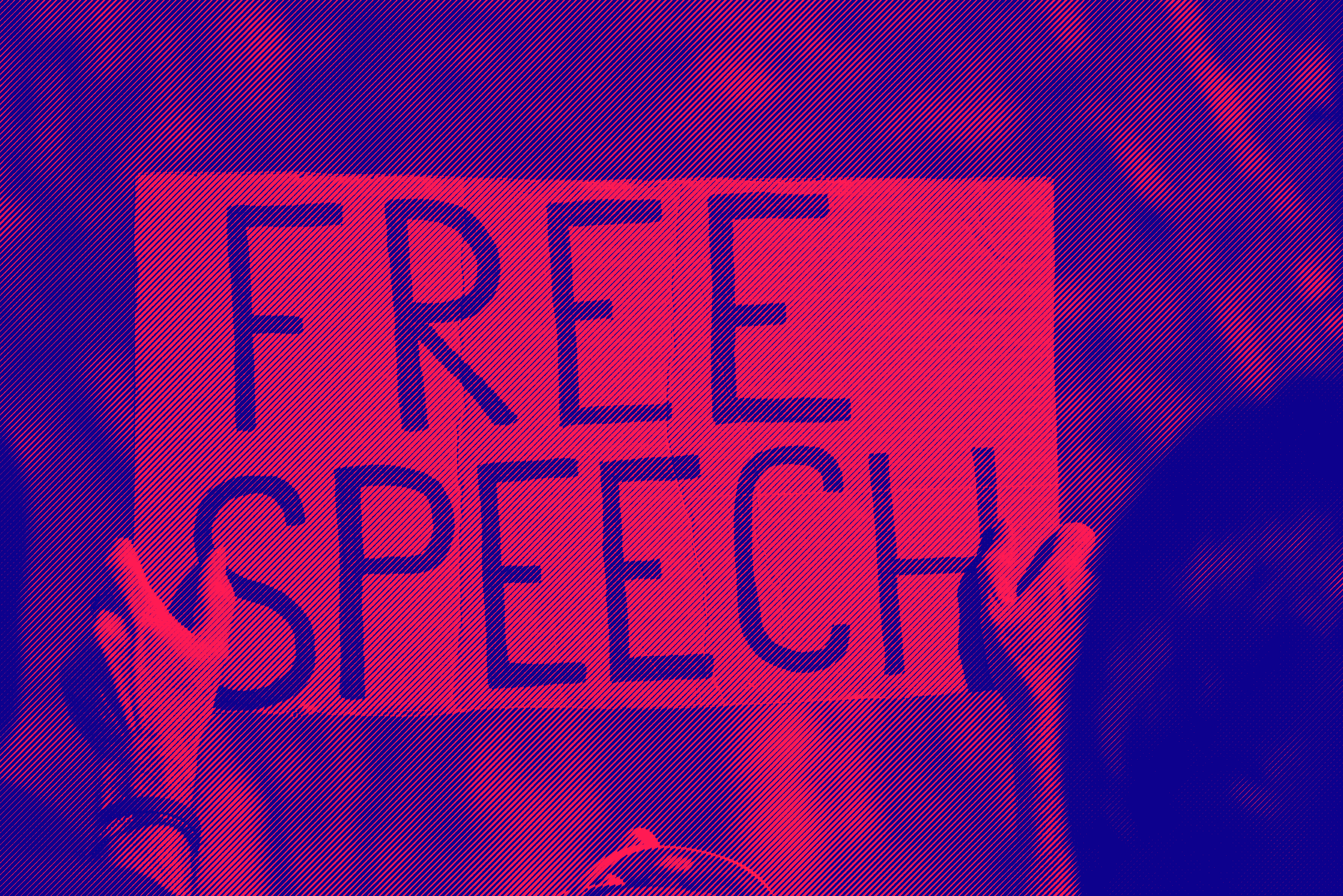Originally published in the spring 2018 Torch
"If you want to be heard, you have to say something.”
Diane’s words are cutting in their sharp simplicity. She speaks like a woman who’s always known the power of her own voice, but she’s only just begun to use it.
Prior to November 2016, Diane’s political activism began and ended with the ballot box. She was an educator and a concerned citizen, not yet fully aware of her capacity to change the world around her. But watching as Donald Trump took state after state on election night, awoke something in Diane. She was faced with the sobering reality that a man who promised to build a wall and ban Muslims had successfully weaponized fear in his ploy for the presidency.
“It’s like if you suffer a tragedy and you can’t sleep and then you’re finally able to go to sleep, but you wake up in the middle of the night only to find out that your nightmare was real.”
“It was heartbreaking,” said Diane of Donald Trump’s upsetting victory. “It’s like if you suffer a tragedy and you can’t sleep and then you’re finally able to go to sleep, but you wake up in the middle of the night only to find out that your nightmare was real.”
The truth of Diane’s nightmare propelled her into action.
Shortly after Trump took office, she demonstrated with her young grandchildren at the Women’s March on Civic Plaza and she rallied in support of her Muslim neighbors at the Albuquerque International Airport after Trump signed the Muslim ban.
Then in March, she learned of the ACLU’s new grassroots project, People Power, and volunteered to host a kick-off event at her house. The evening brought together over two dozen community members to fight Trump’s deportation machine and to create a blueprint for making Albuquerque an immigrant-friendly city, or, a “freedom city.” She began forging connections with a whole new group of like-minded people.
“There’s been a bright spot in all of this,” said Diane. “The community of people who care, who are active, and who are fighting all of this are amazing and I never would have known them or seen them in action if Trump wasn’t elected.”
Even though Diane says “getting up in the morning and seeing what fresh hell is coming out of the White House,” keeps her going, she’s just as inspired to push back against harmful policies at the local level.
During the 2018 Legislative Session, Diane was at the Roundhouse in Santa Fe knocking on legislators’ doors and speaking out against hyper-punitive, ineffective crime bills that would have further eroded trust in law enforcement and put more people behind bars, while failing to make our communities safe.
She stood in committee meeting after committee meeting and told legislator’s how her own family had been torn apart by our overly punitive justice system. At times her knees shook and her heart thumped, but Diane spoke of her son’s struggle with addiction and involvement with the criminal justice system despite her nerves. She had a message to share.
“If you hit people with support and with treatment, in the long run it would save us so much money,” said Diane
“If you hit people with support and with treatment, in the long run it would save us so much money,” said Diane. “It would also save young people’s lives because when you spend that developmental time locked up, it’s hard to come back from that.”
Today, you’re just as likely to see Diane flagging down political candidates on the streets to denounce Trump’s border wall, as you are to see her on the front cover of the Albuquerque Journal protesting racism and bigotry. She knows that voting is an important and powerful civic duty, but she doesn’t check her voice at the ballot box.
“My experiences over the last 15 months or so have made me feel more hopeful that we do have a voice, even as individuals, and I didn’t always realize that,” says Diane. “I think the most important thing is to believe or to have faith that being involved even at a minimal level is really important.”


